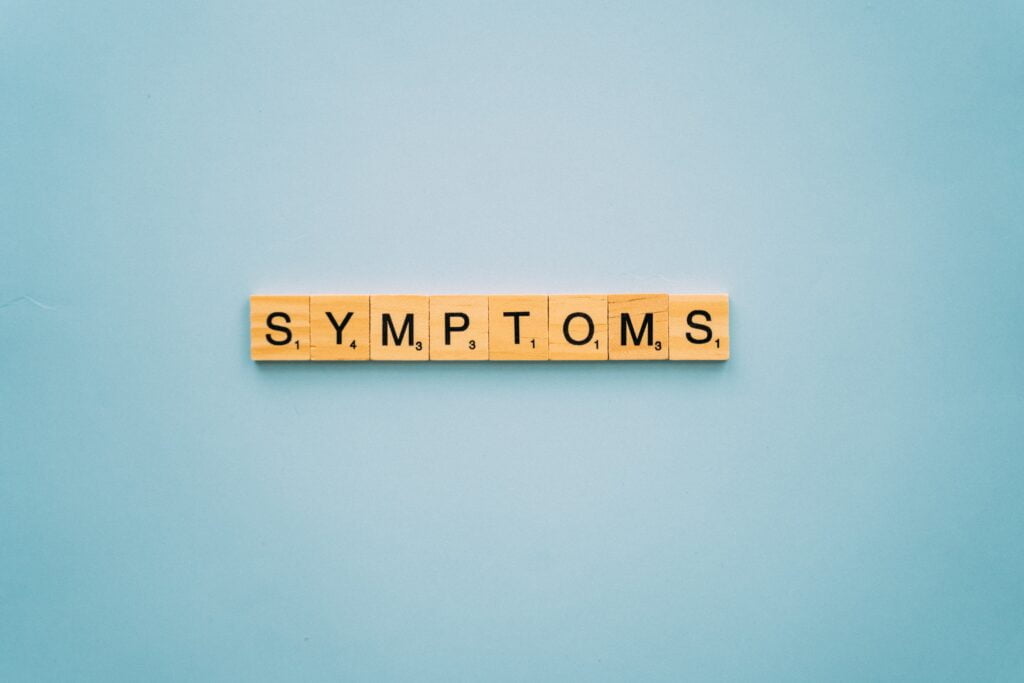Introduction
In today’s rapidly changing world, mental health has emerged as a major concern. The topic of mental health disorders demands our attention and understanding. In this comprehensive article, we will explore the various facets of mental health disorders, shedding light on their causes, symptoms, and potential treatments. Our aim is to provide you with accurate, relevant, and helpful information that will not only showcase our expertise but also offer valuable insights based on first-hand knowledge and credible sources.
Understanding Mental Health Disorders
What Are Mental Health Disorders?
Mental health disorders, often referred to as mental illnesses, are a range of conditions that affect an individual’s thoughts, feelings, behavior, or mood. These disorders can disrupt daily life and hinder a person’s ability to function optimally.
Types of Mental Health Disorders
Depression: A common mental health disorder characterized by persistent sadness, loss of interest, and feelings of hopelessness.
- Anxiety Disorders: A group of disorders, including generalized anxiety disorder, panic disorder, and social anxiety disorder, marked by excessive worry and fear.
- Bipolar Disorder: A condition characterized by extreme mood swings, from manic highs to depressive lows.
- Schizophrenia: A serious mental disorder that impairs an individual’s capacity to think, feel, and act coherently.
Causes of Mental Health Disorders
Biological Factors
Genetics: A family history of mental illness can elevate the risk.
Brain Chemistry: Imbalances in neurotransmitters can contribute to mental disorders.
Environmental Factors
Trauma: Experiencing trauma or abuse can trigger mental health issues.
Stress: Prolonged stress can impact mental well-being.
Psychological Factors
Personality Traits: Certain personality traits may make individuals more susceptible.
Childhood Experiences: Negative childhood experiences can have lasting effects.
Recognizing the Symptoms
Common Signs
- Persistent sadness or low mood
- Extreme worry or fear
- Drastic mood swings
- Social withdrawal
- Changes in appetite or sleep patterns
Seeking Help
If you or someone you know exhibits these symptoms, seeking professional help is crucial. Mental health disorders are treatable, and early intervention can lead to better outcomes.
Psychotherapy (Talk Therapy)
Psychotherapy involves meeting with a trained therapist or counselor to discuss thoughts, feelings, and behaviors. It aims to provide insights, coping strategies, and emotional support.
Types:
Cognitive-Behavioral Therapy (CBT): The focus is on recognizing and modifying negative thought patterns and behaviors.
Psychoanalytic Therapy: Explores unconscious thoughts and early life experiences.
Dialectical Behavior Therapy (DBT): Addresses emotional regulation and interpersonal skills.
Family Therapy: Involves family members in the treatment process to improve relationships.
Medication
Medications, such as antidepressants, antipsychotics, mood stabilizers, and anti-anxiety drugs, are prescribed by psychiatrists to alleviate symptoms of mental disorders.
Considerations:
- Medication may not be suitable for all conditions.
- It is important to follow the prescribed dosage and consult with a healthcare professional regularly.
- Hospitalization or Inpatient Treatment:
For severe cases or acute crises, individuals may require hospitalization in a psychiatric facility. This provides a controlled environment for stabilization and intensive treatment.
Indications:
- Suicidal or violent behavior.
- Severe psychosis or mania.
- Inability to care for oneself.
Support Groups:
Support groups consist of individuals facing similar mental health challenges who come together to share experiences, coping strategies, and emotional support.
Benefits:
- Reduces isolation and stigma.
- Provides a sense of community.
- Encourages shared learning and empathy.
- Lifestyle Changes:
This involves regular exercise, a well-balanced diet, sufficient sleep, and techniques for managing stress.
Importance:
- Promotes overall well-being and resilience.
- May complement other treatment methods.
- Alternative Therapies:
Some people explore complementary therapies such as yoga, meditation, acupuncture, or art therapy to manage symptoms and improve mental health.
Effectiveness:
- Varies from person to person; it’s essential to choose evidence-based approaches.
- Peer Support Programs:
Peer support programs involve individuals with lived experience of mental health challenges providing support and guidance to others facing similar issues.
Advantages:
- Offers empathy and relatability.
- Reduces feelings of isolation.
- Encourages hope and recovery.
- Teletherapy and Online Resources:
With the advent of technology, online therapy platforms and mental health apps have become accessible resources for therapy and self-help.
Ensure the credibility and qualifications of online therapists or resources.
The choice of treatment for a mental disorder often depends on the specific diagnosis, individual preferences, and the advice of mental health professionals. It’s essential to consult with a healthcare provider to determine the most appropriate approach for your unique situation.
Mental Health and Physical Health Connection
The Mind-Body Connection
Research shows that there is a strong connection between mental health and physical health. Neglecting one can affect the other.
Exercise for Mental Health
Regular physical activity not only improves mood but can also reduce the risk of developing mental health disorders.
The Role of Nutrition
A balanced diet rich in nutrients can support brain health and contribute to overall well-being.
Celebrating Progress – Small Steps Matter
Recovery from mental health disorders is often a journey marked by small victories. Celebrating these achievements can provide motivation and a sense of accomplishment.
Encouraging Empathy – Compassion for Others
Understanding that many individuals are facing mental health challenges can promote empathy and reduce stigma.
Reducing Isolation
Reach out to those who may be experiencing loneliness or struggling with their mental health. A small act of kindness can have a meaningful impact.
A Final Note
In this extensive exploration of mental health, we’ve delved deep into understanding mental health disorders, their causes, symptoms, and treatment options. We’ve also emphasized the importance of mental health awareness, coping strategies, seeking professional help, and fostering resilience.
Let us remember that mental health is not a topic to be taken lightly. It affects us all in one way or another, whether directly or through the experiences of loved ones. By being informed, compassionate, and proactive, we can contribute to a world where mental health is prioritized, and everyone has access to the support they need.
If you or someone you know is grappling with mental health challenges, please do not hesitate to seek assistance. There is hope, there is help, and there is a brighter tomorrow for all those who embark on the journey to better mental health.







4 thoughts on “A Comprehensive Guide to Mental Health Disorders in 2025”